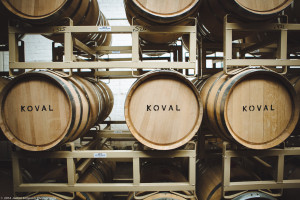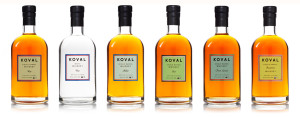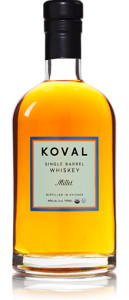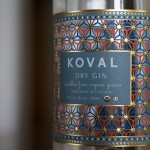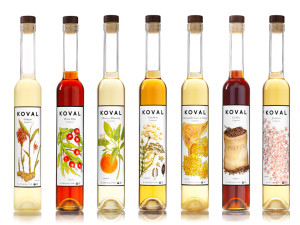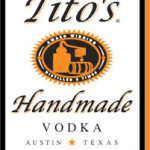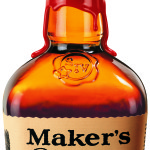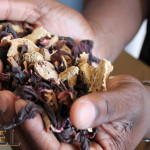Sorel Artisanal Liqueur has a new partner
The Buffalo Trace Newsletter (Industry News Update) and Wine and Spirits Daily have announced that the Mahalo Spirits Group and Sorel Liqueur have joined forces. Here’s the story behind the story.
Group and Sorel Liqueur have joined forces. Here’s the story behind the story.
Mahalo cofounded Angel’s Envy (recently acquired by Bacardi) and also Papa’s Pilar Rum.
Sorel Liqueur is owned by Jack From Brooklyn Inc whose CEO is Jackie Summers. If you have been a reader of this blog then you’ve met Jackie, starting in 2012 with this post. In fact, I’ve written about him and Sorel at least four times since then.
From the first time I met him, I knew that he and his unique product were here for the duration; that he was destined to move forward and beat the startup odds.
Briefly put, Jackie and Sorel have, what I like to think of as, the 4P’s of growth.
Product
Sorel is a modern twist on an exotic classic. An artisanal hibiscus liqueur, handcrafted in Brooklyn, Sorel is based on a traditional Caribbean recipe. Its ingredients read like a World Almanac – Brazilian clove, Nigerian ginger, Indonesian cassia, Moroccan hibiscus, Indonesian nutmeg, blended with organic New York neutral grain alcohol. Its unique taste, aroma and distinctive flavor have caught the attention of consumers and mixologists alike.
What I especially like is it’s a terrific product over ice, neat or with a mixer. But, it’s also an awesome addition to other products like whiskey, rum, vodka, and sparkling wine. That’s why mixologists and consumers love it. In some respects it reminds me of St. Germain, but more universal in its use.
So, check the box marked, “it’s what’s in the bottle that counts.”
Perseverance
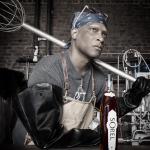
And… persistence and patience. Three years ago, all Jackie had was an idea and a dream. Four years ago, he had a life-altering event (golf ball sized tumor on his spine) and was given a 5% chance of survival. He survived and decided to change his life “by doing something serious.” Jackie founded the company and Sorel was launched.
As if startup growing pains and headaches weren’t enough, along came Hurricane Sandy. Together with most of the Red Hook section of Brooklyn and other fledgling distilleries, Jackie’s facility was literally under water. Five feet of seawater, to be exact.
Jackie didn’t give up. Just worked harder. When I blogged about him and Sandy (Oct 31, 2012), I said that he reminded me of one of my favorite expressions: What doesn’t defeat me makes me stronger.
People
Here is this newcomer to the booze business and right off the bat he does a few things – simple things – that most startup entrepreneurs don’t do. He listens and learns and surrounds himself with people who can offer advice.
In the three years I’ve known Jackie we have had dozens if not scores of conversations about the business. Truth be told, I’ve learned as much from him as he did from me.
And, by way of full disclosure, I am now on his board. Also on the board are Stephen Lewin of Lewin Brand Group and Diana Sonis, a successful entrepreneur and startup founder. Rounding out the team is Summer Lee, VP Sales at Jack From Brooklyn and among the smartest salespeople I know.
So add people skills to the mix.
Partnership
As I’ve written many times, the booze business is about people and relationships. All it took for the Mahalo people was to listen to Jackie talk about Sorel and share his vision for the future. They haven’t really worked on other people’s brands so 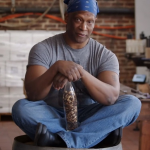 Sorel is a departure for them.
Sorel is a departure for them.
They get to partner with a brand that’s poised for future growth and Sorel gets a world-class sales and distribution network run by Bill McGough, an accomplished industry marketing and sales executive with an incredible track record.
This is a ‘marriage’ made in heaven.

